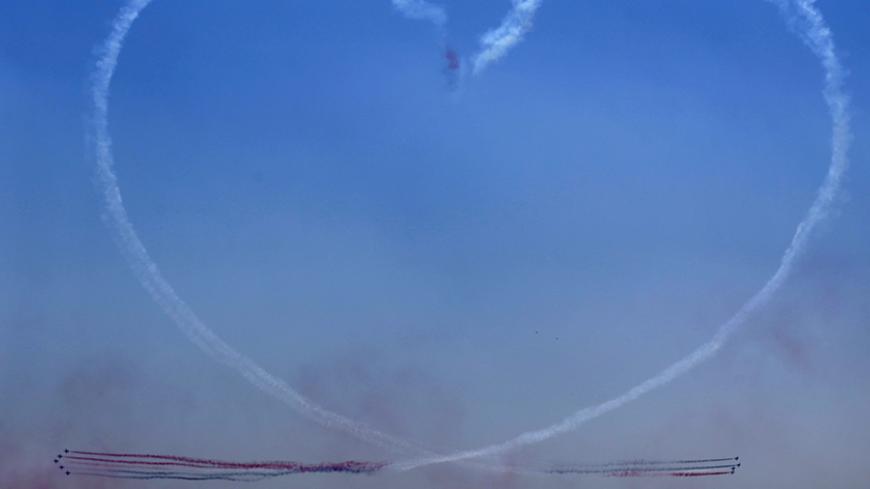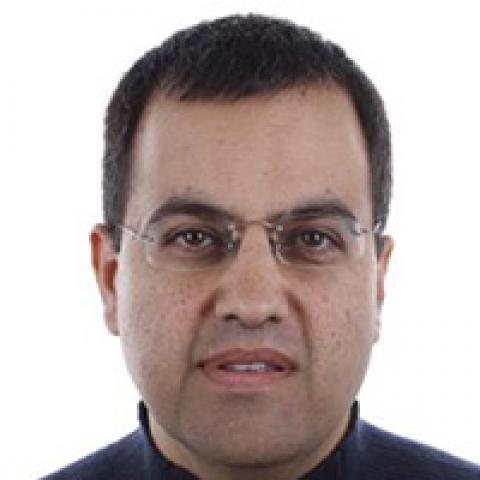Egyptian media made no effort to spare their readers from the guest list of who was invited to the festive inauguration of the latest Suez Canal expansion on Aug. 6. Replete with VIPs, the list was topped by French President Francois Hollande, Russian Prime Minister Dmitry Medvedev, British Defense Secretary Michael Fallon and royals and other representatives from the Arab states. What is actually important about such lists, however, is not who is invited, but who is not. Representatives of four states in the region were missing from the Egyptian list, and this was apparently not coincidental: Turkey, Iran, Qatar and Israel. Egypt still has accounts to settle with the first three countries. Each of them is a rival, some for longer than others, but that is not the case with Israel. In fact, Israel is actually a close friend, maintaining an intimate, and sometimes very intimate, relationship with Egypt. At least that’s how Jerusalem sees it.
It is quite possible that the problem really lies with the way that the Israeli leadership views the peace with Egypt and its exaggerated expectations. After all, as far as Cairo is concerned, Israel has never been considered anything akin to a sister state. It was and remains a helpful neighbor and nothing more. Over the past few months, Israel’s Foreign Ministry has been hard at work trying to block a resolution submitted by Egypt to the International Atomic Energy Agency (IAEA) to be put forward for discussion in September. The proposal calls for the condemnation of Israel’s nuclear program and monitoring of that program by international inspectors as well as for a conference on nuclear disarmament in the Middle East. What Egypt is really doing is attempting to shatter Israel’s policy of ambiguity on the issue and to impose the same kind of pressure on Israel that was applied to Iran.



